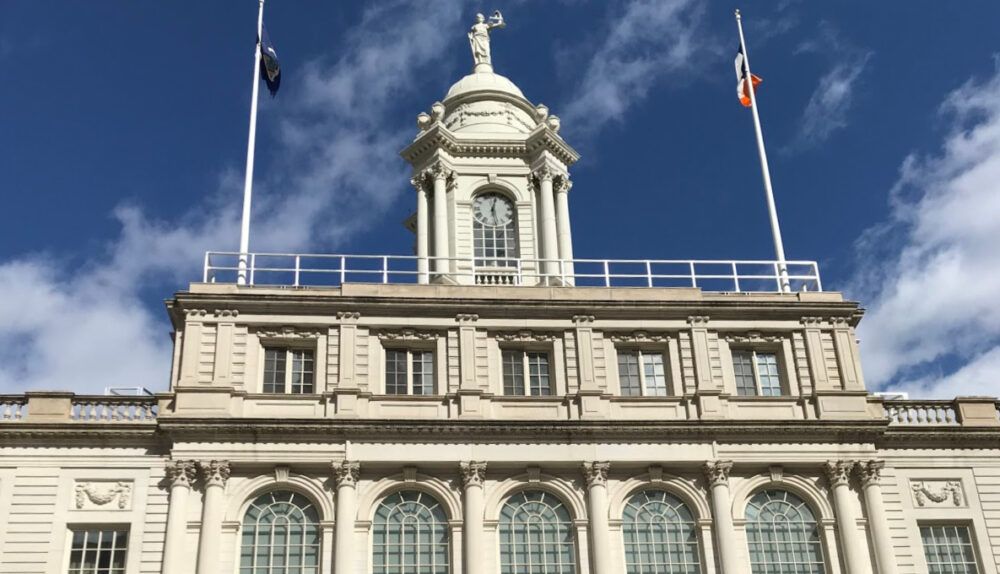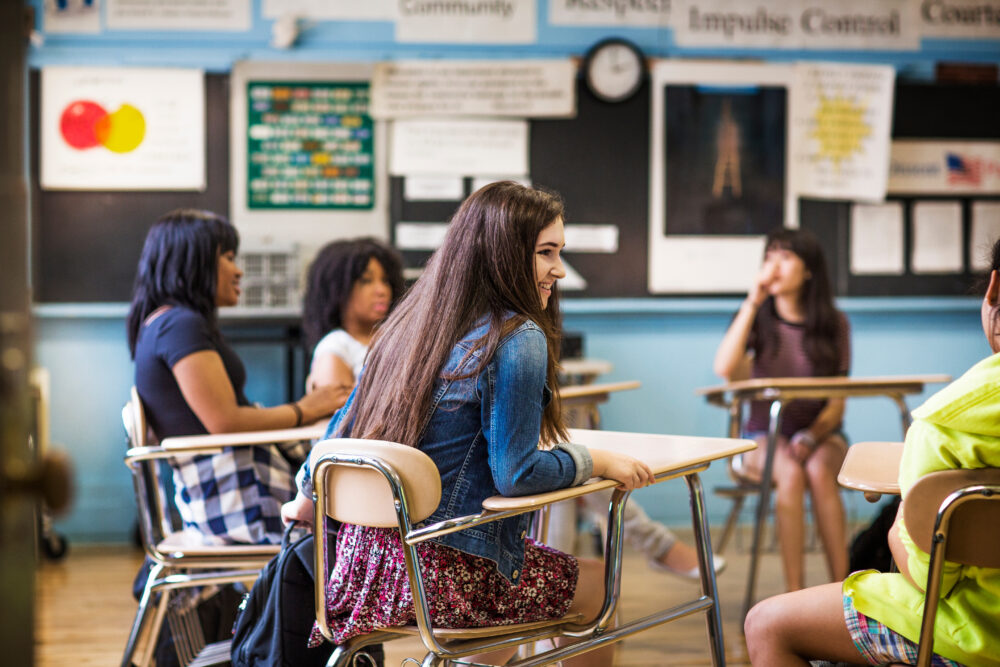Ответ на ноябрьский финансовый план
Ким Свит, исполнительный директор организации «Защитники прав детей Нью-Йорка» (AFC), выступила со следующим заявлением в ответ на публикацию ноябрьского финансового плана города.

While we are still awaiting details of the cuts proposed today, one thing is already clear: it is simply not possible to reduce New York City Public Schools (NYCPS) spending by the magnitude laid out in the November Plan (more than $500 million) without negative consequences for students, schools, and families.
We have already seen the impact of the City’s blanket hiring and spending freezes on students with the greatest needs. For example:
- The NYCPS Students in Temporary Housing office has been unable to bring onboard 15 temporary staff to assist students in shelter – staff they are planning to fund through time-limited federal dollars that cannot be repurposed and must be used to support the education of students who are homeless or returned to Washington DC next fall. Meanwhile, students have been placed in more than 100 new shelters with no NYCPS staff to assist them in getting school placements or transportation.
- We have had calls concerning preschoolers in the Bronx experiencing long delays in getting special education evaluations and services because the blanket hiring freeze has left Committees on Preschool Special Education short-staffed when existing employees have left their roles and not been replaced.
We are particularly concerned that these budget plans will result in even more egregious violations of the rights of students with disabilities, English Language Learners, and students in temporary housing or foster care. The City must ensure its choices do not impede its ability to uphold students’ rights and comply with federal and state law.
Beyond legal mandates, sweeping cuts to public education are the definition of penny-wise and pound-foolish. A failure to invest in our young people puts the City at risk for both increased social service expenditures as well as decreased tax revenue down the road.
The cuts announced today are especially concerning given the looming expiration of federal COVID-19 stimulus funds, which are supporting many critical education initiatives—from school social workers to 3-K and preschool special education to shelter-based coordinators to community schools—that will still be just as needed when federal dollars run dry in less than a year. We need our elected leaders to figure out how to sustain these programs and limit the budgetary fallout on our most marginalized students—not to start cutting needed programs now.


